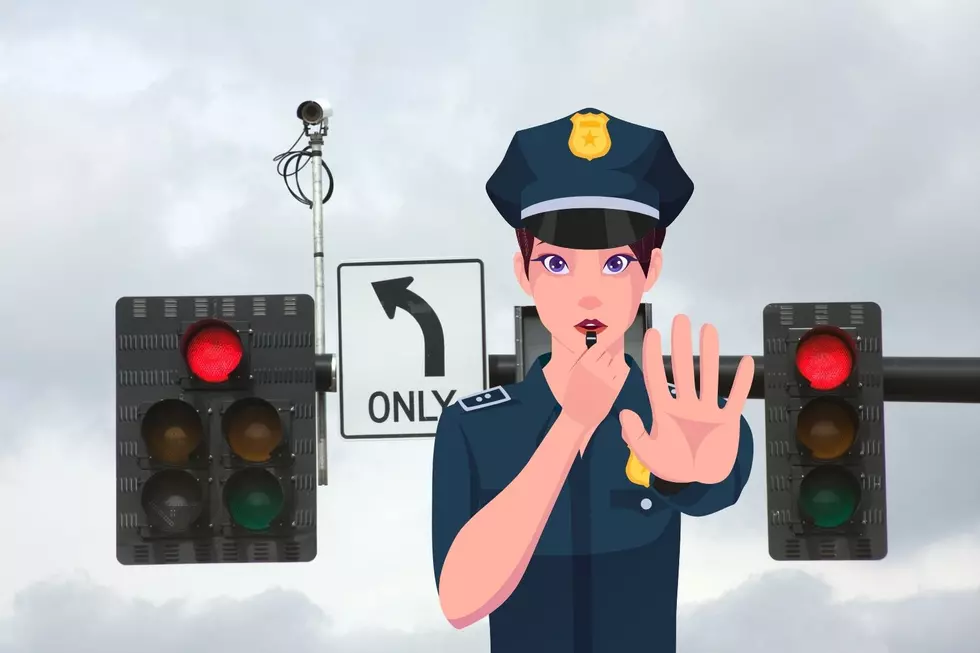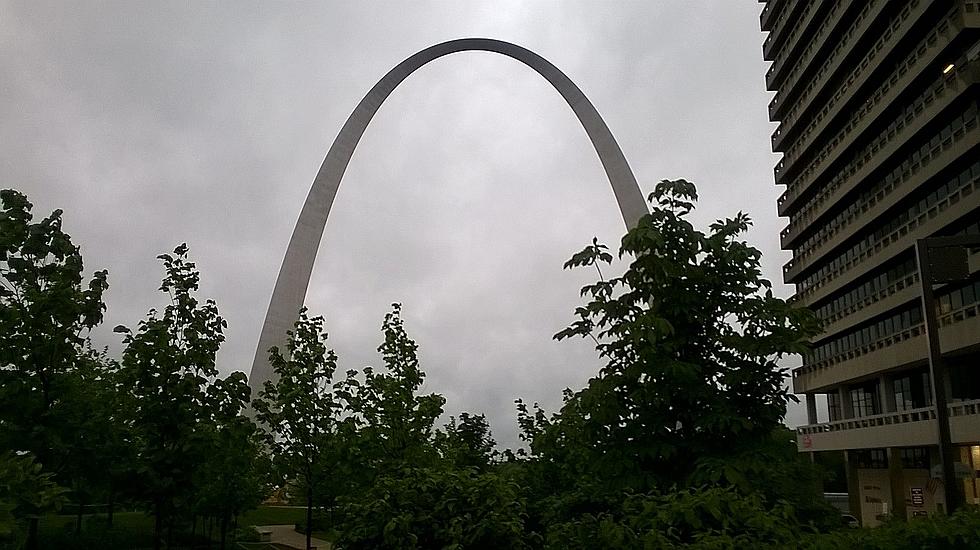
Red Light Cameras In Missouri: Money Grab or Public Safety?
In a news story earlier this week, KSHB Television reported that St. Louis is talking about bringing back red-light cameras, and Kansas City is thinking about it too. So is it a municipal money grab or do red light cameras get people to drive better?
According to KSHB, in the early 2000s, Kansas City and St. Louis were among the cities that put in networks of red-light cameras hoping to catch red-light runners and other careless mistakes from drivers. The cameras turned out to be the subject of a series of legal challenges that cast doubt on how the cameras were used, and ultimately Kansas City stopped using their red light cameras in 2012, while other Missouri cities stopped using them in 2015.
They could be making a comeback. St. Louis Mayor Tishuara Jones and the St. Louis Board of Aldermen are working to iron out legal and policy issues that could bring the cameras back to St. Louis.
On Monday Kansas City Mayor Quinton Lucas asked his constituency what they thought about red light cameras considering fatality auto crashes are reaching new heights in Kansas City, the responses, as expected were a mixed bag.
KSHB says Lucas cited a 78 percent increase in the number of traffic fatalities year to date, with 25 deaths this year on Kansas City roads compared to 14 at the same point last year as a reason to consider it.
So, do traffic cameras make us drive better and the roads safer?
That depends on what study you look at. A study by Justin Gallagher and economist Paul J. Fisher which examined all police-recorded traffic accidents for three large Texas cities over 12 years found no evidence that red light cameras improve public safety.
Their research showed that red-light cameras don't reduce the total number of vehicle accidents, the number of individuals injured in accidents, or the number of serious injuries requiring an ambulance ride to a hospital.
Gallagher and Fisher say, however, that studies like the one they cited from Virginia do get drivers to stop running red lights by 67 percent. However, they increase the likelihood of being in a rear-end accident due to people stopping suddenly to avoid getting a ticket.
A study by Northwestern University that looked at Chicago's red-light and speed camera enforcement showed that most of the cameras placed throughout Chicago's roads significantly improved safety with a relatively low number of violations.
ProPublica looked at Chicago's red-light cameras and noticed a huge disparity in the ammount of tickets received by folks living in Black and Latino neighborhoods of the City vs. those in white neighborhoods. ProPublica found households in majority Black and Hispanic Zip codes got tickets at around twice the rate of those in white areas between 2015 and 2019.
Chicago's not the only big municipality dealing with that disparity either. Rochester, New York, and Miami, Florida, and Washington, DC faced similar issues. Those issues led to Rochester and Miami dumping their red-light camera programs, with the city of Rochester saying the financial harm of the program outweighed any safety benefits.
That's something to think about, especially for cities like St. Louis and Kansas City.
ProPublica even got then-Mayor Lori Lightfoot's policy chief Dan Lurie to acknowledge that the best way to reduce traffic fatalities is to fix the underlying road infrastructure that contributes to unsafe driving. He told ProPublica this would keep pedestrians safer, motorists safer, and eliminate a lot of fines.
Of course that begs the question, where do we get the money to do that?
None of this answers the question: Red light cameras, money grab, or public safety? It probably depends on whether or not the camera caught your good side or not while running that red light.
KEEP READING: Here are the best places to retire in America
RANKED: Here Are the 63 Smartest Dog Breeds
Gallery Credit: Sabienna Bowman
More From Mix 92.3









